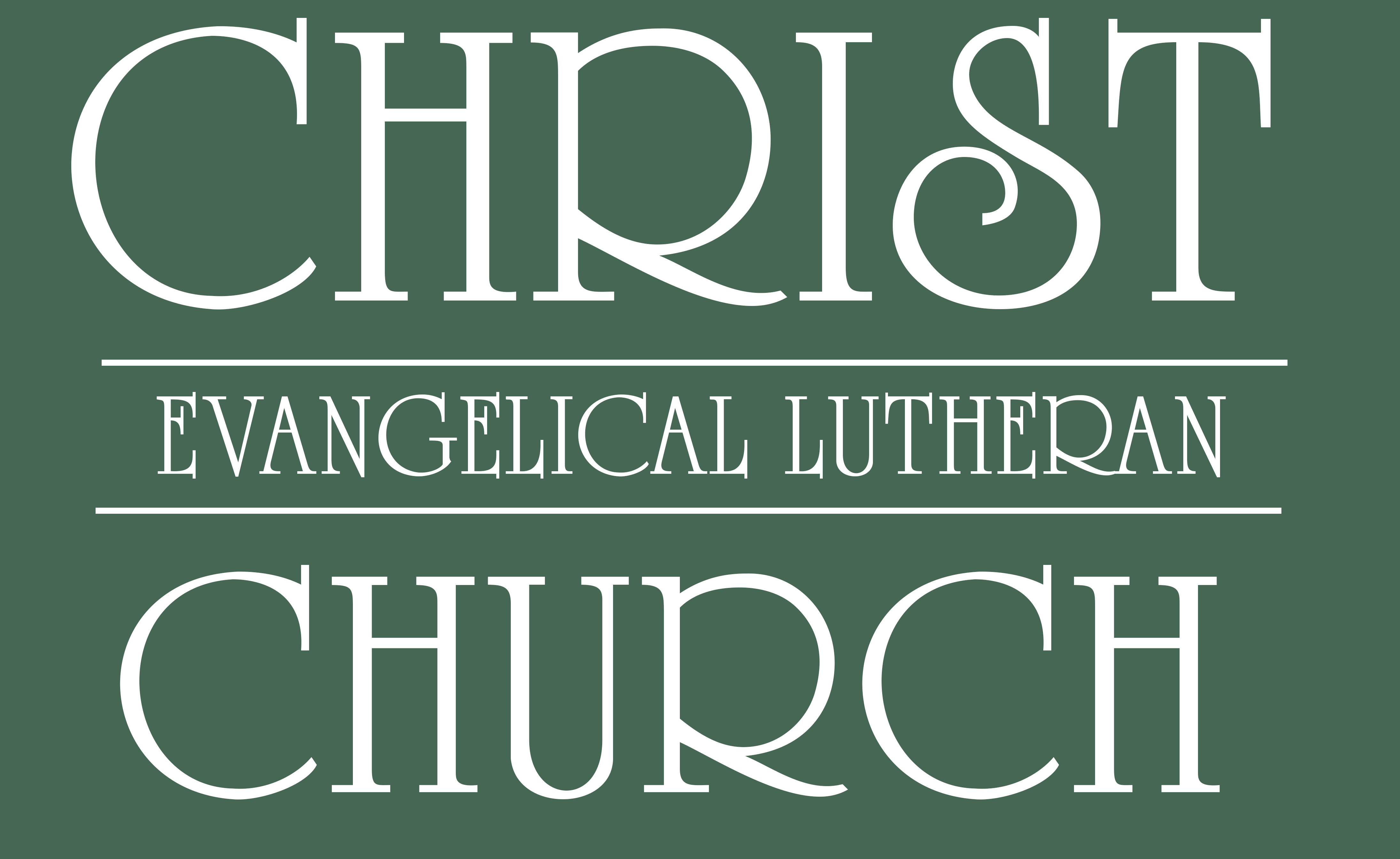Scripture
It shall come to pass in the latter days that the mountain of the house of the Lord shall be established as the highest of the mountains, and shall be raised up above the hills; and peoples shall flow to it, and many nations shall come, and say: “Come, let us go up to the mountain of the Lord, to the house of the God of Jacob; that he may teach us his ways and we may walk in his paths.” For out of Zion shall go forth the law, and the word of the Lord from Jerusalem. He shall judge between many peoples, and shall decide for strong nations afar off; and they shall beat their swords into plowshares, and their spears into pruning hooks; nation shall not lift up sword against nation, neither shall they learn war any more; but the shall sit every man under his vine and under his fig tree, and none shall make them afraid; for the mouth of the Lord of hosts has spoken. For all the peoples walk each in the name of its god, but we will walk in the name of the Lord our god for ever and ever.
Micah 4.1-5
Commemoration
Dag Hammarskjold was born in Sweden on July 29, 1905, the son of the Prime Minister. He studied law and economics at the universities of Uppsala and Stockholm and taught political economics at Stockholm, 1933-1936. He became president of the board of the Bank of Sweden, and from 1947 he served in the Ministry of Foreign Affairs. In 1951 he was appointed Minister of State with the functions of deputy Foreign Minister.
In 1951 he was chosen vice-chairman of the Swedish delegation to the United Nations, and was made chairman in the following year. In 1953 Hammarskjold was elected for a five-year term as UN Secretary General; in 1957 he was unanimously elected to a second five-year term. During his first term he had to deal with the end of the Korean War, problems in the Middle East, and the crisis over the Suez Canal.
The Belgian Congo became independent June 30, 1960, and civil war followed. Hammarskjold sent a UN force to suppress the violence. On a mission to negotiate a cease-fire, he was killed in a plane crash on September 18, 1961.
Hammarskjold surprised and bewildered the world with the posthumous publication of a devotional notebook, Markings (available in our church library). This notebook revealed him as not only a man of diplomacy, but as a man with a deep spiritual life as well. He effected in his life a remarkable combination of the contemplative life with a life of action in the world. A Christian, Hammarskjold took his faith seriously. He combined secular work, primarily diplomatic service, with a deep desire for personal spirituality. Working out his faith in service of humankind, he strove to learn more about the nature and the work of God. As he wrote in Markings, “In our era, the road to holiness necessarily passes through the world of action.”
Readings from Markings
God does not die on the day when we cease to believe in a personal deity, but we die on the day when our lives cease to be illumined by the steady radiance, renewed daily, of a wonder, the source of which is beyond all reason. (1950)
“–Night is drawing nigh –” For all that has been — Thanks! To all that shall be — Yes! Not I, but God in me. (1953)
I am the vessel. The draught is God’s. And God is the thirsty one.
In the last analysis, what does the word “sacrifice” mean? Or even the word “gift?” He who has nothing can give nothing. The gift is God’s — to God.
He who has surrendered himself to it knows that the Way ends on the Cross — even when it is leading through the jubilation of Gennesaret or the triumphal entry into Jerusalem.
Prayer
Almighty God, all thoughts of truth and peace come from you. Kindle in the hearts of all your children the love of peace, and guide with your wisdom the leaders of the nations, so that your kingdom will go forward in peace and the earth will be filled with the knowledge of your love; through your Son, Jesus Christ our Lord. AMEN
— Pastor Stickley
